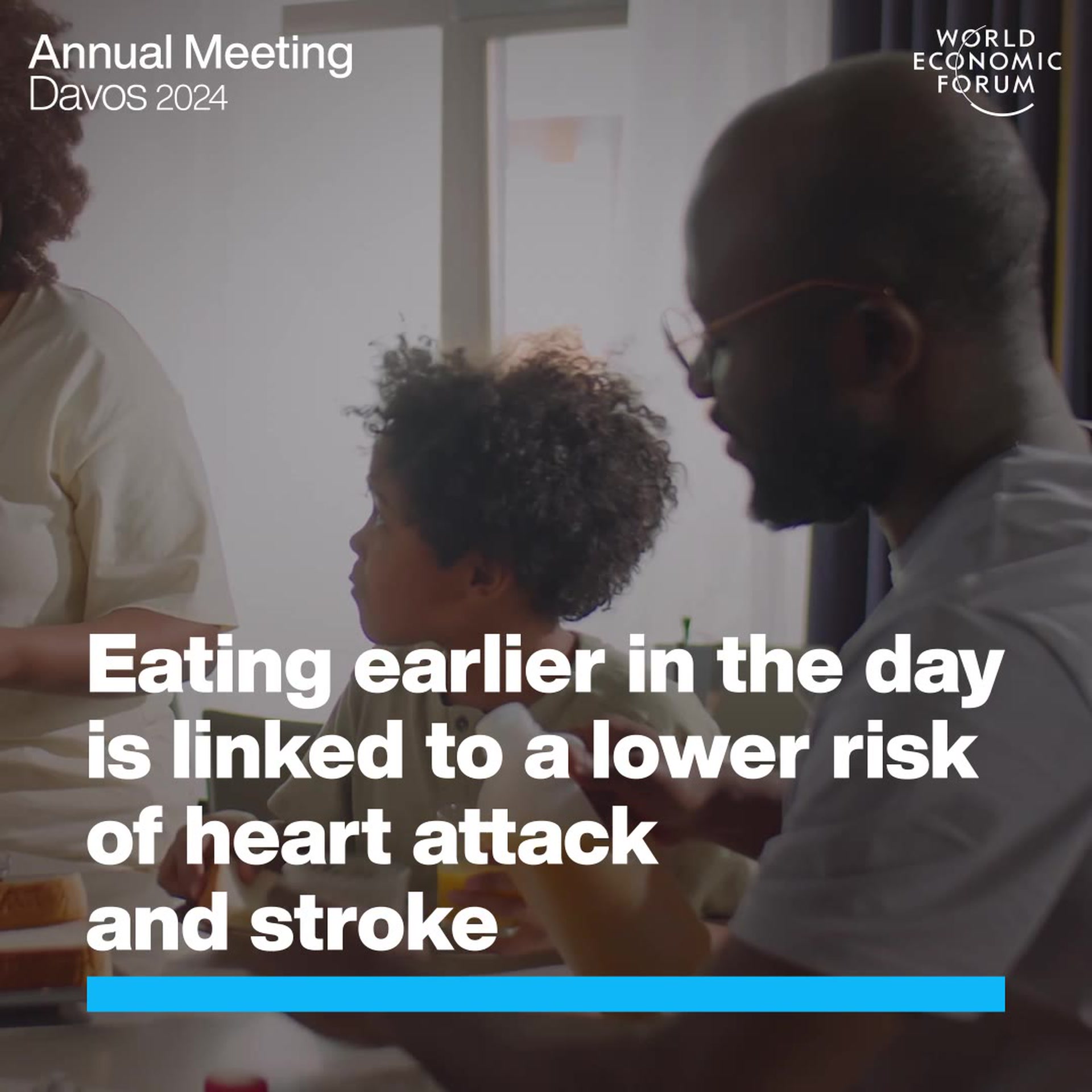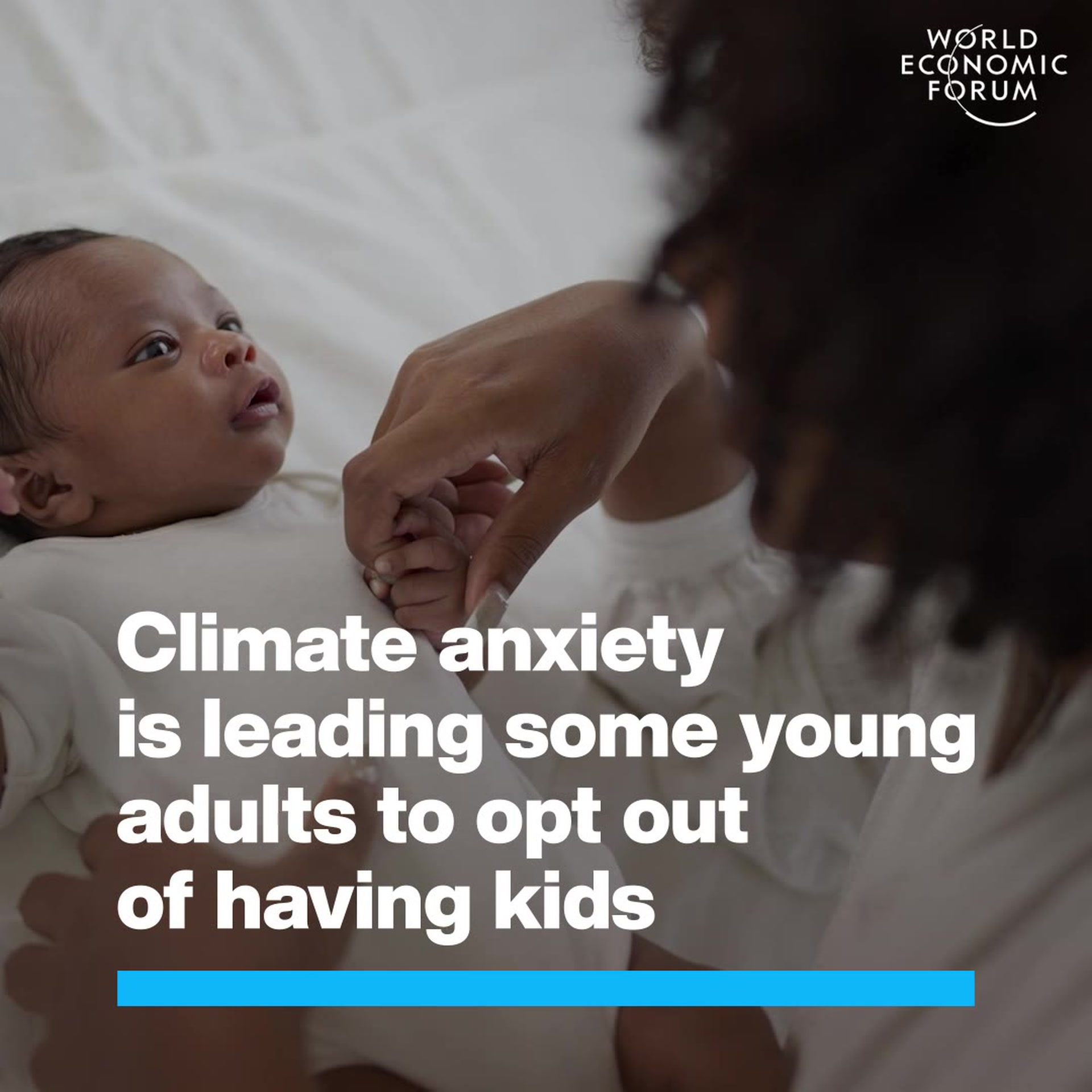Writing a daily diary can literally change your brain

Research leader Christina Karns says that the journaling recalibrated the neural value of altruism. Image: REUTERS/Catherine Benson

Get involved with our crowdsourced digital platform to deliver impact at scale
Stay up to date:
Behavioural Sciences
In a new study, researchers found a notable change in the brains of 16 women who wrote daily about gratitude in an online journal.
Compared to 17 other women who wrote about neutral topics, the gratitude group was more likely to take pleasure watching a donation going to Food for Lane County rather than receiving the money themselves.
Researchers captured the evidence with MRI scans of the women’s brains as they viewed such giving at the beginning of the study and again after three weeks of journaling. The scans detected changes in oxygen metabolism in cells in the ventromedial prefrontal cortex, an area deep in the brain.
The same region has been associated with altruistic traits in previous studies, including one last year by study coauthor Ulrich Mayr that found increases in pure altruism as people grow older.
Research leader Christina Karns, a research associate in the psychology department at the University of Oregon, says that the journaling recalibrated the neural value of altruism, something that could be seen as handy during the holiday season.
“When we are counting our blessings, this part of the brain is giving us this neural currency that makes us literally richer,” says Karns, director of her department’s Emotions and Neuroplasticity Project.
“Making use of this neural currency, giving is something that is done with a grateful heart, with a feeling of your own abundance for what others have done for you,” Karns says.
Whether this writing-about-gratitude approach, which the researchers detail in the journal Frontiers in Human Neuroscience, leads to long-lasting changes in a person’s mental value toward charity is unknown but worthy of more research, she says.
In this first short-term study, she says, only women ages 18–27 were recruited, to reduce variability in the project. Initially, researchers assessed the women through brain scans and questionnaires designed to discreetly identify altruistic traits, during which they viewed transactions of a sum of money going to the food bank or routed to themselves.
The participants whose answers to the questionnaire showed more altruistic and grateful traits had a larger reward-related brain response when the charity received money than when they received the money themselves. That raised the question: can practicing gratitude change this response?
Next, to test the journaling intervention, researchers assigned the women randomly to one of two groups. One group made daily journal entries in response to prompts focused on gratitude; the other group wrote after getting neutral, non-gratitude prompts.
Three weeks later, the participants returned to the Lewis Center for Neuroimaging to repeat the questionnaires and, while researchers scanned them again, they viewed transactions of money going to the food bank or themselves. MRI captured notable shifts in the ventromedial prefrontal cortex.
“The gratitude-journal group, as a whole, whether or not they started high in altruism, increased that value signal toward the charity getting the money over watching themselves get the money,” Karns says. “It’s as if they became generous toward others than themselves.”
The study shows that the part of the brain that supports feelings of reward is flexible, allowing for changes in values linked to feelings of altruism.
“Our findings suggest that there’s more good out there when there is gratitude,” says Karns.
Former University of Oregon doctoral student William E. Moore III, now a postdoctoral researcher at Harvard University, was a coauthor on the study with Karns and Mayr.
The funding for the research came from the Expanding the Science and Practice of Gratitude Project through the Greater Good Science Center, in partnership with the University of California and the Templeton Religious Trust via the Institute for the Study of Human Flourishing at the University of Oklahoma.
Don't miss any update on this topic
Create a free account and access your personalized content collection with our latest publications and analyses.
License and Republishing
World Economic Forum articles may be republished in accordance with the Creative Commons Attribution-NonCommercial-NoDerivatives 4.0 International Public License, and in accordance with our Terms of Use.
The views expressed in this article are those of the author alone and not the World Economic Forum.
Related topics:
The Agenda Weekly
A weekly update of the most important issues driving the global agenda
You can unsubscribe at any time using the link in our emails. For more details, review our privacy policy.
More on Behavioural SciencesSee all
Peter Dizikes
November 27, 2023
Aaron De Smet and Patrick Simon
September 25, 2023
Kate Whiting and Kateryna Gordiychuk
September 6, 2023






